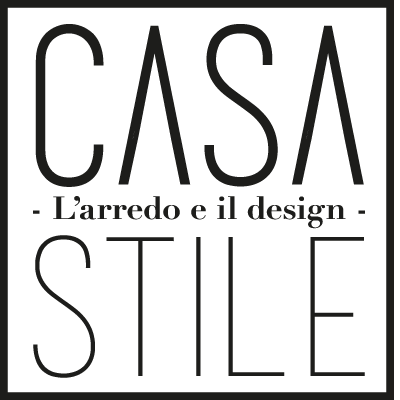Conversation with Alberto Paccanelli President of Euratex, CEO and shareholder Martinelli Ginetto Group
Is the item of sustainable development on the 2030 agenda particularly urgent while still being a source of inspiration for the textile industry?
The objectives of the European Green Deal which will be reached via the creation of the EU Textile Strategy are explosive for the European Textile sector and importation of products from the Textile-Clothing chain into Europe. In fact, the sector was included in the 14 Eco-systems Europe intends to focus its resources on, in order to reach climate neutrality within European manufacturing which is also both resilient and competitive on a global level.
Which objectives on the agenda in particular concern this sector?
Objectives on the European agenda concerning Textile Strategy are indicated in Sustainable and Circular Textiles by 2030 which can be summarised by the following points:
1. All textile products and/or imported in the EU must be
a. Long-lasting, repairable, recyclable
b. Mainly made of recycled fibres
c. Devoid of toxic substances
d. Produced in accordance with human right
2. Focus on quality products
3. Development of recycling and garment repair services
4. Producers are responsible for what is produced along the supply chain
5. The linear model is replaced by the circular model so as to increase recycling capacity
How can they be achieved?
The European Commission is gradually introducing legislative proposals regarding the different areas of the EU Textile Strategy. These proposals will in fact become law, and companies will have to adhere to them. For example:
1. Eco Design: designed, produced and made from a recyclable perspective
2. Ecolabel: traceability and green conformity label
3. Extended Producer Responsibility
4. Product Environmental Footprint
There’s more. For example, as from 2025 it will be mandatory in Europe to manage post-consumer waste separately from other types of waste, following the model for plastic already in operation. This will encourage the development of collection and recycling.
What action will be taken on a European level?
Euratex is in active talks with the various General Managements of the European Commission in order to give the sector’s contribution to the drafting of legislative proposals, so as to avoid laws which could become irreversible, too expensive or damaging, particularly for small and medium-sized companies.In fact, implementation modalities are being designed, the so-called Transition Pathways, which will define the timeframes and modalities needed for reaching 2030 with a sector which is circular, sustainable, resilient and competitive.








